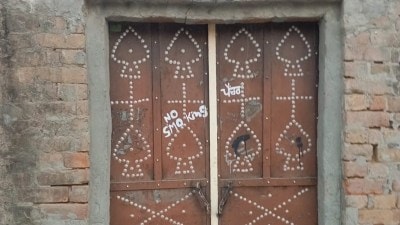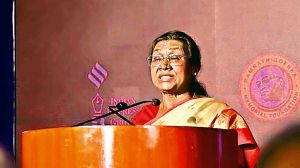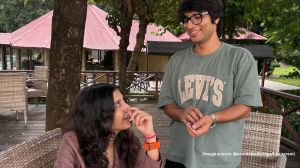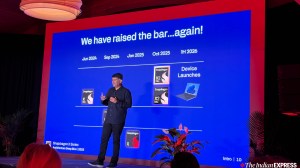Charlesworth ready for Indian challenge
At 55, his enthusiasm for hockey is almost contagious, but he is also cautious and calculative when it comes to taking a decision.

At 55, his enthusiasm for hockey is almost contagious, but he is also cautious and calculative when it comes to taking a decision.
He chose to be associated with Indian hockey over a very lucrative and maybe less challenging job at the ECB. That shows he is ready for a challenge, even after having had discussions with John Wright and Greg Chappell on coaching in India. Whether it be cricket or hockey, the national coach has to be ready for the pitfalls that come with the accolades.
“There are always challenges, but I am very optimistic, and for the next year I have huge plans for improving Indian hockey,” said Olympian Ric Charlesworth, who today confirmed that he has signed a one-year contract with the Indian Hockey Confederation and the Sports Authority of India for the post of technical advisor. The contract is initially for a year, but can be extended, depending upon his performance.
His resume is quite impressive and is complemented with the fact that wherever he has worked there has been a gradual improvement in the team’s performance— whether it is hockey in Australia or cricket in New Zealand. However, fixing a problem that has been there for over two decades may not be easy.
“I know it has been a while since India has won any major tournament and there was a time in the seventies and eighties when the sub-continental teams were on top. But times have changed, and this requires us to formulate a long-term strategy for the development of the sport. It is my job to implement and oversee that,” he said.
Charlesworth had recently visited the SAI centre in Bangalore and had met a couple of Indian coaches, including national coach Joaquim Carvalho.
“I have had a long three-hour meeting with Carvalho, and we touched upon many topics. I think the attitude of the coaches and the officials in India is very positive.”
Among the points he made was the fact that India needed to play more matches. He said while in 1984 they had played over 60 matches, this year they have played less than a dozen.
“The IHC has to create new opportunities for the team and has to plan out a schedule where the players are playing more international matches rather than playing in other leagues,” he said.
Charlesworth said the potential for the sport in India is great but there need to be more camps and a new programme.
“I will have access to all the details in the IHF and IWHF and I will make sure these programmes are implemented properly. We need to raise the bar in India though. Right now, everyone just wants an Olympic qualification but I think the aim should be bigger.”
The former Australian captain said his job will be divided into three phases—discovery, recommendation and execution.
The first part will start on his return to India in December, when he will examine the structure and processes that drive hockey in India and how that process has to be “refined or even rebuilt”.
“India is essential for hockey’s survival and I am sure the required change will occur soon,” he said.




- 01
- 02
- 03
- 04
- 05



























